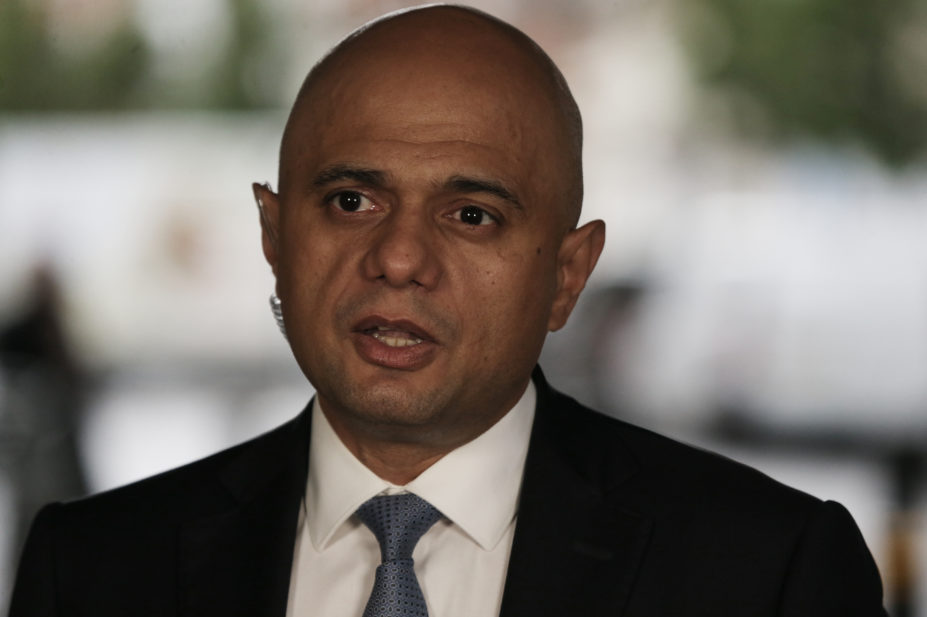
Shutterstock.com
Commercial decisions, alongside other factors such as rising demand, may have contributed to shortages of hormone replacement therapy (HRT), the government has said.
HRT products have faced ongoing shortages since 2018, with the government setting up a taskforce in February 2022 to tackle the issue.
On 5 May 2022, Madelaine McTernan, head of the HRT supply taskforce, and Sajid Javid, health and social care secretary, met with representatives from the supply, wholesale and community pharmacy sectors to discuss ways to resolve the problem.
A statement, published by the Department of Health and Social Care (DHSC) following the meeting, said that “rising demand” had contributed to some of the supply challenges, but other factors may also have impacted supply “related to manufacturing, capacity constraints and commercial decisions”.
The meeting follows an announcement on 29 April 2022 that serious shortage protocols had been issued for Oestrogel (Besins Healthcare), Ovestin cream (Aspen) and Premique Low Dose (Pfizer), enabling pharmacists to limiting supplies of HRT to three months without having to contact the prescriber.
Prior to this, The Pharmaceutical Journal exclusively revealed that shortages of HRT medicines were being “exacerbated” by some patients being given prescriptions for a 12-month supply.
At the meeting, representatives from Aspen Pharmacare, Besins Healthcare, Gedeon Richter, Novartis, Novo Nordisk, Orion, Pfizer, Theramex and Viatris outlined the steps they are taking to increase supply, the government’s statement said.
Leyla Hannbeck, chief executive of the Association of Independent Multiple Pharmacies (AIMp) — which had two representatives attend the meeting — said she was “pleased” that the organisation’s call for better communication between the government and parties involved in the supply chain was heard.
The representatives “highlighted the significant amount of time and effort pharmacists on the front line spend to source out products for their patients, and the stress this puts on pharmacy teams and patients and other parts of the healthcare system”, she said.
“While manufacturers are reassuring us that there are no supply issues of medicines and HRT, when ordering medicines through wholesalers, pharmacists regularly get out of stock messages,” she continued, adding that this suggests that while supply may be available “perhaps there is a supply chain problem”.
Hannbeck said that the AIMp believed that pharmacists were “well placed” to clinically check and substitute similar alternative products.
“In the long term, our profession should be allowed to do that. In regard to HRT, this alone will not solve the problem because as soon as a product is substituted, the other product goes out of stock.”
She said the organisation was also “concerned” to hear reports that some products were finding their way onto the private market, costing patients almost four times the price.
“We endorse the implementation of a national formulary rather than the current local formularies which cause inconstancies in supply in various parts of the country, and we are pleased to hear that the secretary of state has agreed to look into [that].”
Gareth Jones, director of external affairs at the National Pharmacy Association, said the “overarching issue is one of supply failing to keep up with the rapidly rising demand in this country”.
“As experts in medicines, pharmacists should be given greater flexibility to take decisions at the point of care to manage supplies.
“This includes the authority to amend prescriptions or share stock amongst pharmacies, when to do so could help maintain supplies,” he said.
Claire Anderson, president of the Royal Pharmaceutical Society, agreed, saying that: “One quick fix would be to enable pharmacists to make minor changes to a prescription when an item is out of stock, so that women could access their HRT medicines more speedily.
“At present, women have to go back to their GP to get a minor amendment made. Enabling pharmacists to alter prescriptions would also be far more efficient for the NHS.”
Javid said that the meeting was “one of many steps [the government] are taking to ensure women can access the HRT they need”.
“We will leave no stone unturned in our national mission to boost supply of HRT,” he said.


